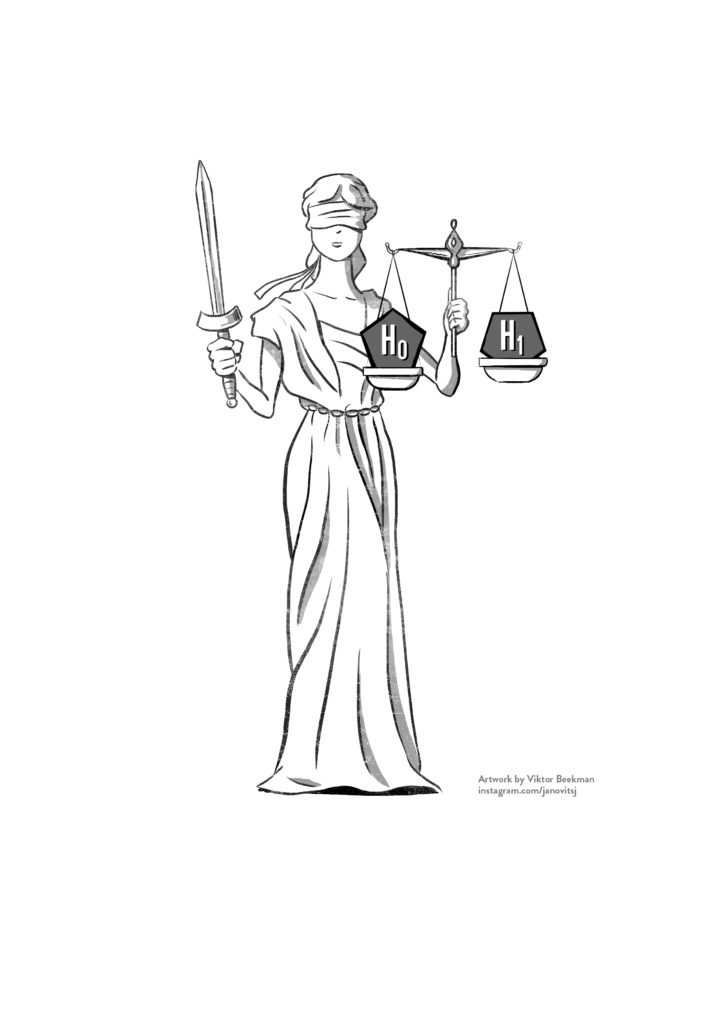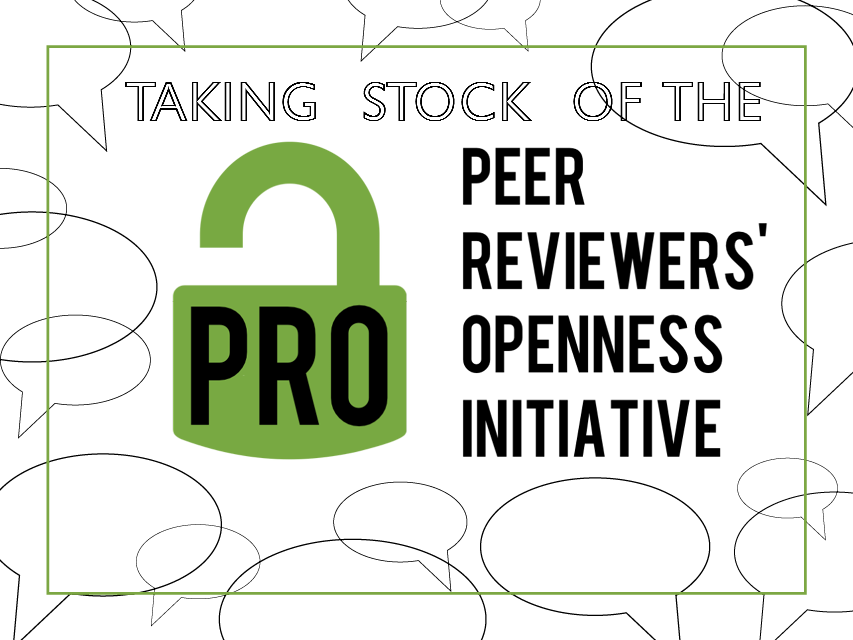Book Review of “Thinking in Bets”, Part 1 of 2

Written by Annie “The Duchess of Poker” Duke, Thinking in Bets is a national bestseller, and for good reason. The writing style is direct and to-the-point, and the advice is motivated by concrete examples taken from the author’s own experience. For instance, one anecdote concerns a bet among a group of friends on whether or not one of them, “Ira…
read more




